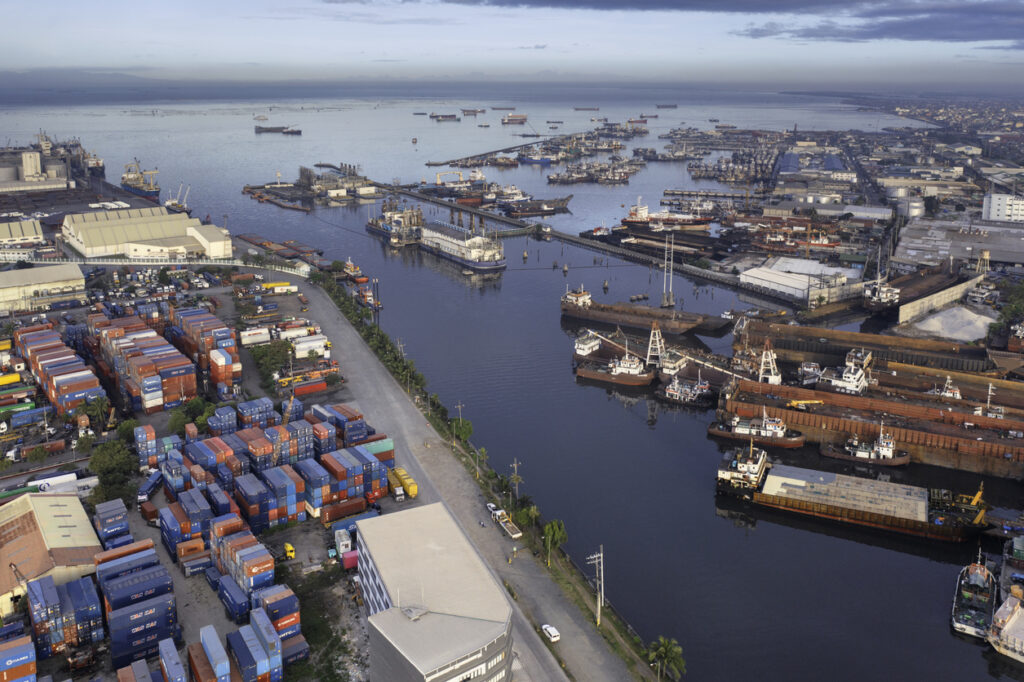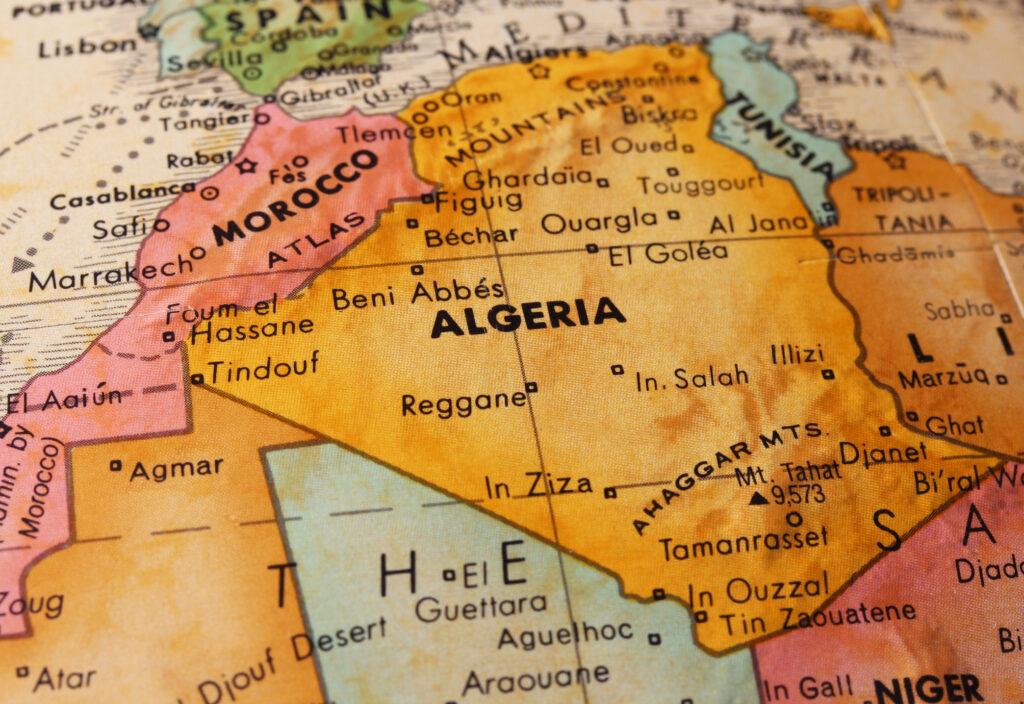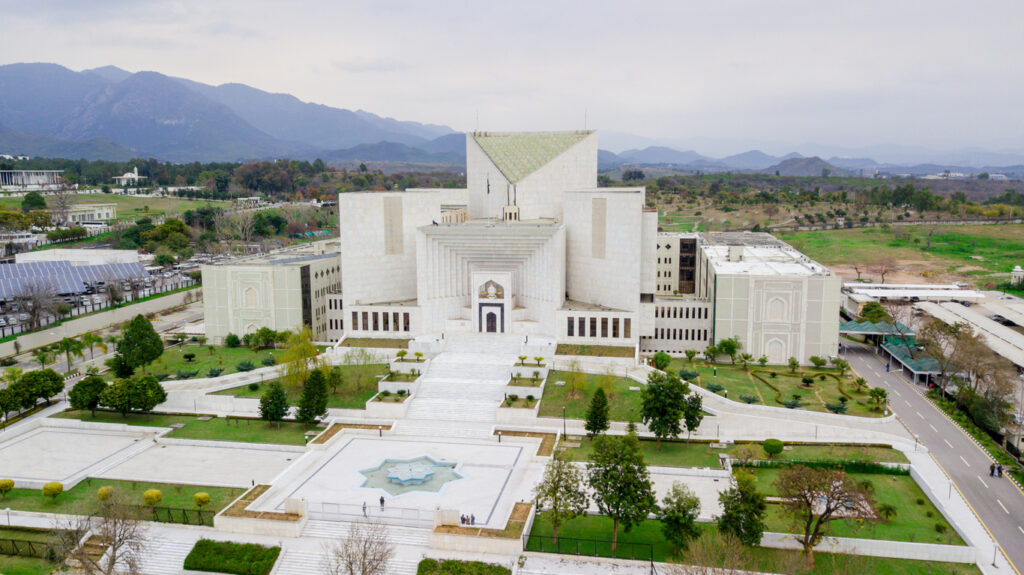Recovery Advisers would like to share a quick update about the economic situation in Pakistan, a country of great growth potential facing new challenges.
Pakistan is currently facing a lot of challenges in terms of economic crisis, shortage of foreign reserves to pay for imports, a huge decrease in exports and political instability. The containers have piled up at the ports since banks are not clearing the LC’s due to currency restrictions leading to a risk of huge shortage of goods supply.
New restrictions in payments
The State Bank of Pakistan in late January-2023 had advised all the local banks to change the payment terms from D/P to DA/180 days or ask the importers to arrange USD payments from foreign accounts to clear import payments. The banks have been advised to release all shipping documents for the goods which are already at the port or shipped on or before 18th January 2023 maximum by 31st March 2023. This information is verified from The State Bank of Pakistan.
The restrictions were imposed due to the shortage of foreign reserves and government has been taking measure to retain the foreign currency. This has resulted in unprecedented delay in international transfers and eventually the goods stuck at the port as banks are unable to release LC.
The major reason for dwindling foreign reserves is the huge decline in exports and increase in Imports bill where country unable to receive foreign remittances. Pakistan also faces huge number of debts and a bailout from IMF is the last hope for the country. The decline in exports majorly caused by high energy prices and shortage of imported raw materials and industries like textile and steel have almost shut down as they cannot meet the soaring costs and forced to lay off staff.
The government of Pakistan did announce in January 2023 that all the costs associated with the demurrages and detention will be waived off for importers and paid by the national treasury. However, it is reported that the shipping companies still asking the importers to pay for the demurrages, and this has caused fear of increased prices and high inflation.
Other challenges
On the other hand, the traders in Pakistan have already suffered natural disasters in the past 2 years like Covid-19 and the latest being menacing floods in Jun-Jul 2022. For a country relying heavily on agricultural yield, the floods caused a huge devastation and cotton production decreased on large scale causing shortage of raw cotton for the textile industries.
In short, Pakistan is facing more than one challenge now and almost on verge of running default. As per experts, if the current government, which is perceived as incompetent, does not take timely measure, the country will run short of food supplies and raw material for industry and local traders will go bankrupt. It is believed that if election took place or an expected deal with IMF will inject some boost into the demising situation and at least the country will be able to clear imports bill, however, this will be at the cost of high inflation again.
Support from Recovery Advisers in Pakistan
Recovery Advisers has extensive experience in Pakistan, thereby enabling the company to effectively and promptly support ECAs, exporters and financial institutions with exposure in the country.
The Dubai office provides services in claims and recovery management, aged receivables management, and international commercial dispute resolution.
Contact us to discuss how we can support your business in Pakistan.




